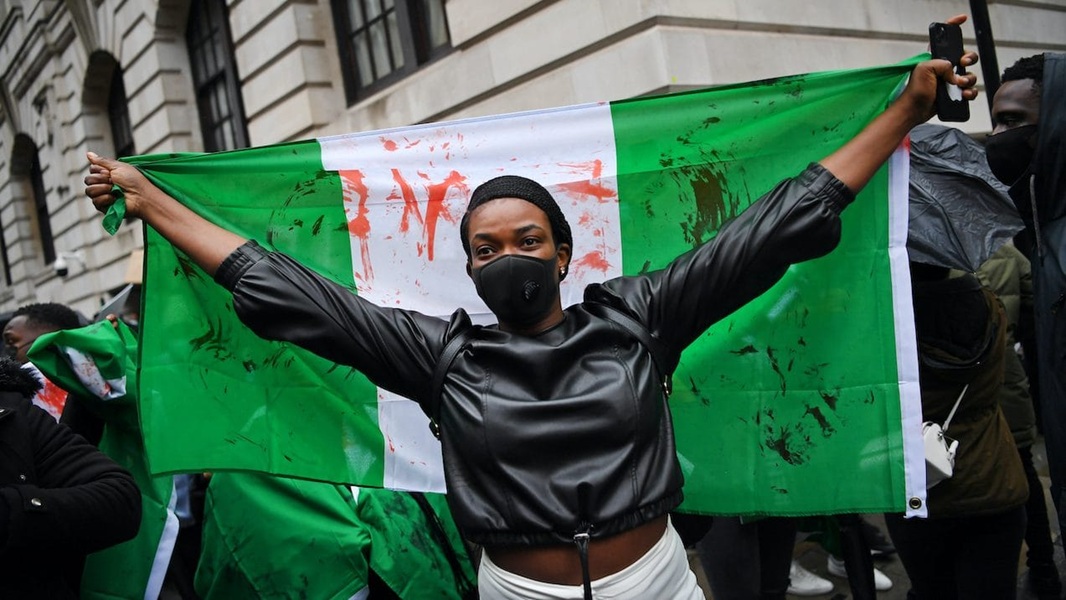Politics
Three Terrible Nights Nigeria Will Never Forget
Nigeria has been plunged into a wave of sorrow after a church attack in Kwara, the abduction of 25 schoolgirls in Kebbi.

- Nigeria has been plunged into a wave of sorrow after a church attack in Kwara, the abduction of 25 schoolgirls in Kebbi, and the killing of Brigadier General Musa Uba in Borno—three tragedies unfolding within three days across three states.
On three different days across three different states, Nigeria was pulled into the same widening circle of sorrow. A candlelit church was attacked in Eruku, Kwara State, on Tuesday.
Twenty-five schoolgirls were abducted from Maga, Kebbi State, before sunrise on Monday.
Brigadier General Musa Uba was ambushed and killed on the penultimate Friday in Borno.
Separate tragedies — yet bound by one grim echo — a reminder that the country still walks through shadows long after midnight should have passed.
The Night Eruku Held Its Breath
Tuesday evening in Eruku began like a gentle hymn. Inside Christ Apostolic Church, candles flickered, voices blended in prayer, and worshippers leaned into the calm rhythm of worship. Peace hung in the air — until the doors burst open.
The first gunshot ripped the hymn apart. Panic surged through the sanctuary. Mothers shielded their children. Candles toppled, throwing wild shadows across the walls. Screams clashed with the roar of gunfire. Two worshippers were killed instantly. The pastor and several congregants were dragged away into the night.

Since then, Eruku has lived with its nerves exposed. People speak in whispers, as though the night itself listens. Some still feel the sting of shattered glass; others cannot forget the rapid thunder of gunfire mixed with the wails of terrified families. The church remains frozen in its trauma — overturned pews, abandoned hymnals, memories layered in dust.
Yet, every dusk, villagers gather near the church, candles cupped in their palms. Their flames tremble, but they do not go out.
Daughters Taken in the Dark
A day earlier, before first light broke on Monday, another horror unfolded hundreds of kilometres away.
At Government Girls Comprehensive Secondary School in Maga, the girls slept peacefully, dreaming simple teenage dreams — assignments, gossip, futures within reach.
Then the motorcycles came.
Gunmen breached the fence with chilling confidence. They stormed the hostel, yanking the girls from sleep with shouts, flashlights, and fear. Twenty-five girls were dragged into the night. A vice-principal, who tried to intervene, was killed.
Now the school sits in eerie stillness. Unmade beds. Unfinished notes. Slippers by bunks that should hold giggling, restless teenagers. The air feels suspended, waiting for footsteps that never return.
Parents sit outside long after midnight, whispering their daughters’ names into the wind. Some clutch fading photographs; others rock in silence. In Maga, time stretches painfully — hope and fear tightening with every passing hour.

DON’T MISS: BREAKING: FG Shuts 41 Unity Schools Nationwide Amid Rising Student Abductions (Full List)
The Fall of a Soldier
Then came the loss of Brigadier General Musa Uba in Borno.
He was the kind of commander who believed leadership meant stepping into danger, not giving orders from a distance. He carried the weight of his men, moving through each mission with a quiet bravery.
The ambush that took him was swift and merciless. He was captured alive. Days later, the nation learned he had been killed.
In his home, his uniforms still hang untouched. His boots rest by the doorway, heavy with unspoken stories. His family moves through their home with reverent silence, touching his belongings with trembling hands.
Among his soldiers, his name is spoken with deep respect — a reminder of sacrifices that rarely reach front pages but anchor the fragile space between chaos and safety.
A Nation Holding Its Breath
Nigeria feels like a country standing perfectly still.
Three days. Three states. One sorrow linked across the map like a single wound.
In Eruku, a farmer jumps at every slammed door.
In Maga, a mother has not slept since Monday.
In Borno, a widow stares at medals she cannot yet hold.
Across the nation, nights feel heavier. Parents walk children to school with wary eyes. Communities stay awake longer, listening for danger in the dark. Even soldiers move differently — more cautious, more deliberate — as though the very air has changed.

Yet beneath the fear, something refuses to die.
The Heart That Keeps Beating
In Eruku, neighbours escort each other home at dusk.
In Maga, young volunteers comb bushes and backroads, driven by nothing but determination to bring the girls home.
In Borno, soldiers stand taller, honouring the commander they lost.
Grief is here — heavy, undeniable — but resilience rises beside it, insisting that sorrow cannot be the final line of Nigeria’s story.
When the Sun Returns
One day, Eruku’s congregation will worship without glancing nervously at the doors.
One day, Maga’s daughters may return — older, changed, but home.
One day, Brigadier Uba’s family will speak his name with steady voices.
For now, the night stretches on — long, uncertain, thick with memory.
But dawn is moving toward the horizon, slow but sure.
And when it breaks, Nigeria will rise again — scarred, but unbroken — carrying the weight of these three nights and the quiet, stubborn hope that refuses to die.























